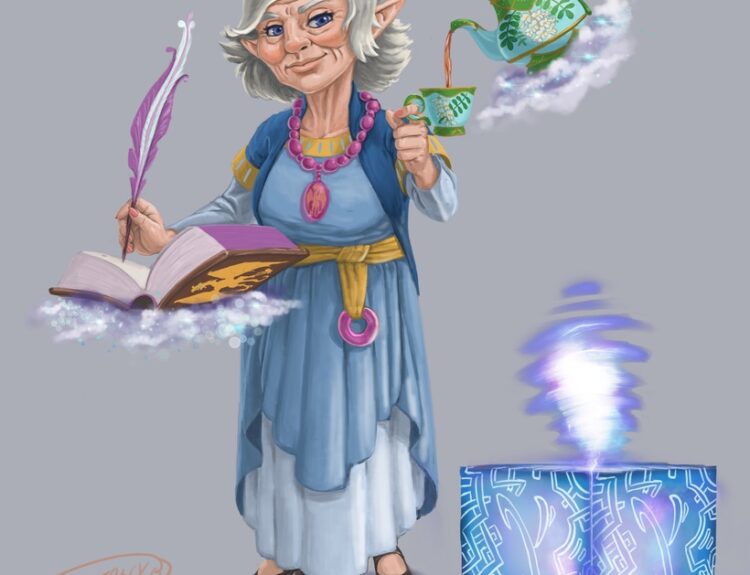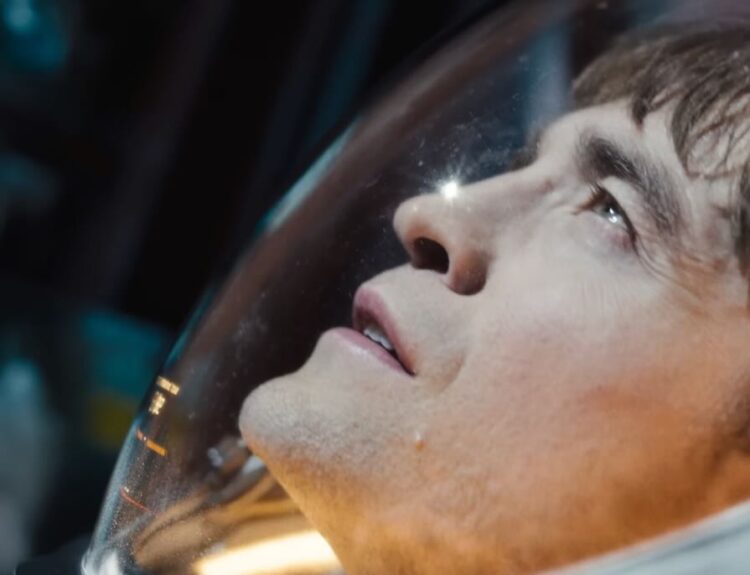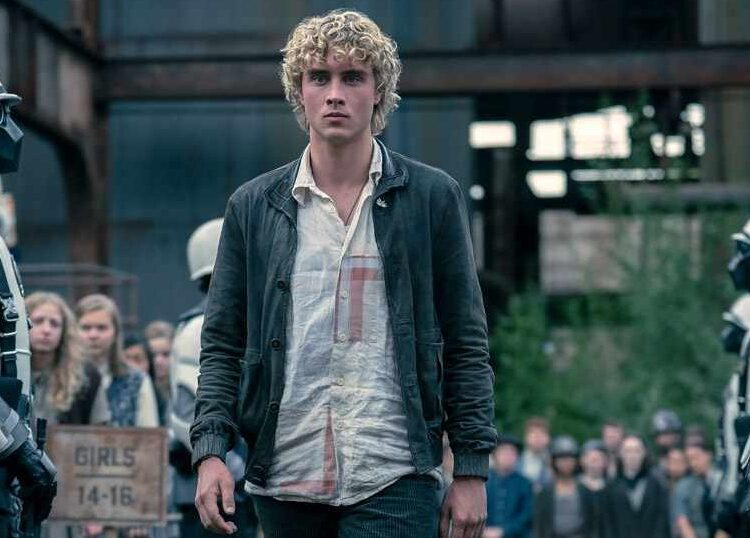Who’s going to have the most miserable holiday? In my game Gloom, each player controls a family of lovable misfits. By playing cards and telling stories, you establish the tragic tale of your family. Your goal is to have your characters suffer miserably and die, while keeping your opponents happy and healthy. But beware! Your rivals will do all that they can to cheer up your unfortunate family. In many games, you compete to be the last one standing; in Gloom, you want to go out in style. The game uses transparent cards, which stack on the characters as their stories evolve… all the way to their ultimate and always untimely deaths.
If you love Gloom, we have some holiday specials for you! These are only available until the end of the year, so act fast!
- With The Gloomiest Timeline, you get a copy of Gloom signed by yours truly; The Gloom Chronicles, which provides a new way to experience the game; and Tabletop Gloom, a promotional expansion that’s never been sold in stores!
- The Grief Case gets you a sturdy case to hold all your misery, along with a special Gloom enamel pin. It doesn’t come with the game itself. But it does come with a personal inscription from me inside the lid! I can inscribe it to a friend or enemy, or I can write a haiku! The choice is yours.

To learn more—and to see our other holiday deals—check out the Twogether website! And while you’re there, check out the other games I’ve worked on over the last few years, including Illimat and our newest release, Jerry Garcia’s Cosmic Journey!
(un)Happy holidays!
Agen234
Agen234
Agen234
Berita Terkini
Artikel Terbaru
Berita Terbaru
Penerbangan
Berita Politik
Berita Politik
Software
Software Download
Download Aplikasi
Berita Terkini
News
Jasa PBN
Jasa Artikel
Situs berita olahraga khusus sepak bola adalah platform digital yang fokus menyajikan informasi, berita, dan analisis terkait dunia sepak bola. Sering menyajikan liputan mendalam tentang liga-liga utama dunia seperti Liga Inggris, La Liga, Serie A, Bundesliga, dan kompetisi internasional seperti Liga Champions serta Piala Dunia. Anda juga bisa menemukan opini ahli, highlight video, hingga berita terkini mengenai perkembangan dalam sepak bola.



